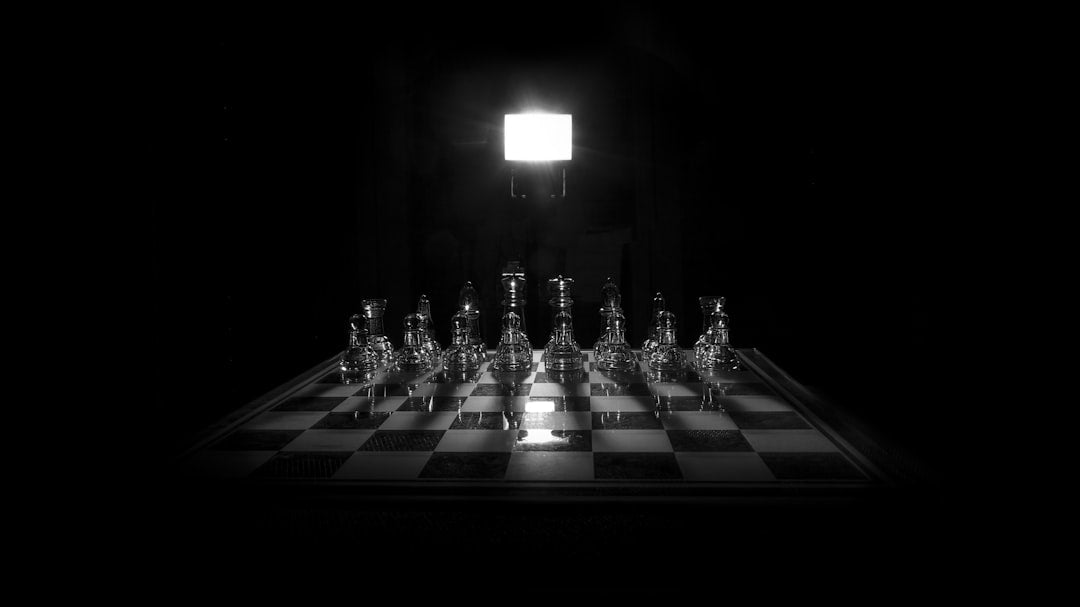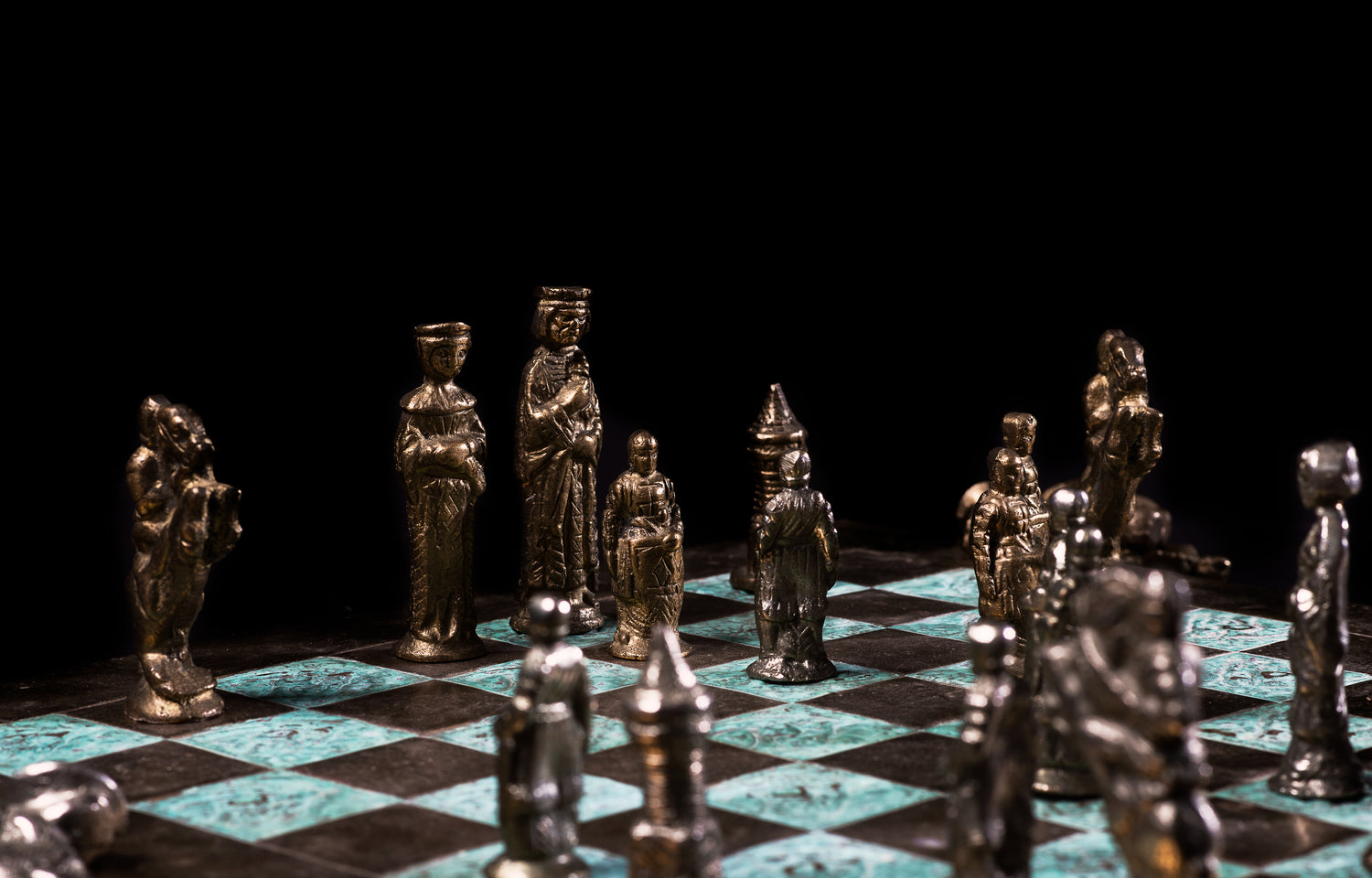Unlocking Cognitive Potential: How Chess Enhances Pattern Recognition Skills
Chess, often hailed as the game of kings, is more than just a pastime. It's a rigorous mental workout that can significantly boost cognitive abilities. Among these benefits, the enhancement of pattern recognition skills stands out as a core advantage. This article delves into how chess sharpens your mind, specifically focusing on improving pattern recognition and its broader implications for everyday life.
The Essence of Pattern Recognition in Chess
At its heart, chess is a game of patterns. From the opening moves to complex endgame scenarios, recognizing recurring structures and sequences is crucial for success. Pattern recognition involves identifying familiar arrangements of pieces, understanding their potential threats and opportunities, and responding accordingly. This skill allows players to anticipate their opponent's moves, formulate strategic plans, and execute tactical maneuvers.
Why Pattern Recognition Matters
Pattern recognition isn't just about memorizing chess positions. It's about developing a deep understanding of the underlying principles that govern the game. By recognizing patterns, players can quickly assess complex situations, make informed decisions, and avoid common pitfalls. This ability to see the forest for the trees is what separates grandmasters from casual players.
Chess as a Cognitive Trainer
Chess serves as an exceptional cognitive trainer, primarily because it demands constant evaluation and adaptation. Each game presents a unique set of challenges that require players to analyze patterns, predict outcomes, and adjust their strategies on the fly. This continuous mental exercise strengthens neural pathways, making the brain more efficient at processing information and recognizing patterns in various contexts.
Strengthening Neural Pathways
Studies have shown that playing chess can lead to increased grey matter in the brain, particularly in areas associated with memory, attention, and spatial reasoning. This increase in neural density enhances cognitive functions, including pattern recognition. Regular chess playing essentially rewires the brain to become more adept at spotting patterns and making connections.
How Chess Improves Pattern Recognition
Exposure to Diverse Patterns
Chess exposes players to an enormous variety of patterns. From basic checkmating patterns to intricate tactical combinations, the game offers a constant stream of new challenges. This diversity forces players to continually adapt and refine their pattern recognition skills.
Active Recall and Application
Unlike passive learning, chess requires active recall and application of knowledge. Players must not only recognize patterns but also understand their implications and apply them in real-time. This active engagement strengthens the memory and reinforces the neural connections associated with pattern recognition.
Feedback and Iteration
Chess provides immediate feedback on the effectiveness of pattern recognition. When a player correctly identifies a pattern and makes the right move, they gain a strategic advantage. Conversely, when a pattern is missed, the player may suffer immediate consequences. This feedback loop encourages continuous learning and improvement.
Real-World Applications of Enhanced Pattern Recognition
The benefits of improved pattern recognition extend far beyond the chessboard. This skill is valuable in numerous aspects of life, from academic pursuits to professional endeavors.
Academic Success
Students with strong pattern recognition skills tend to excel in subjects like mathematics, science, and engineering. These fields require the ability to identify patterns in data, solve complex problems, and make logical deductions. Chess can provide a valuable foundation for success in these areas.
Professional Advantages
In the professional world, pattern recognition is essential for decision-making, problem-solving, and strategic planning. Whether you're a business executive, a medical professional, or an engineer, the ability to quickly identify patterns and anticipate trends can give you a significant edge.
Conclusion
Chess is more than just a game; it's a powerful tool for cognitive development. By honing pattern recognition skills, chess players can unlock their cognitive potential and gain a competitive advantage in various aspects of life. Whether you're a seasoned player or a novice, incorporating chess into your routine can lead to significant improvements in your cognitive abilities.
So, pick up a chessboard, challenge yourself, and start unlocking the cognitive potential that lies within. The benefits are far-reaching, and the journey is both challenging and rewarding. The ability to anticipate an opponent's move is invaluable. It prepares you to think ahead and make sound decisions even in the face of adversity.

